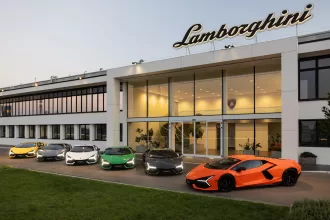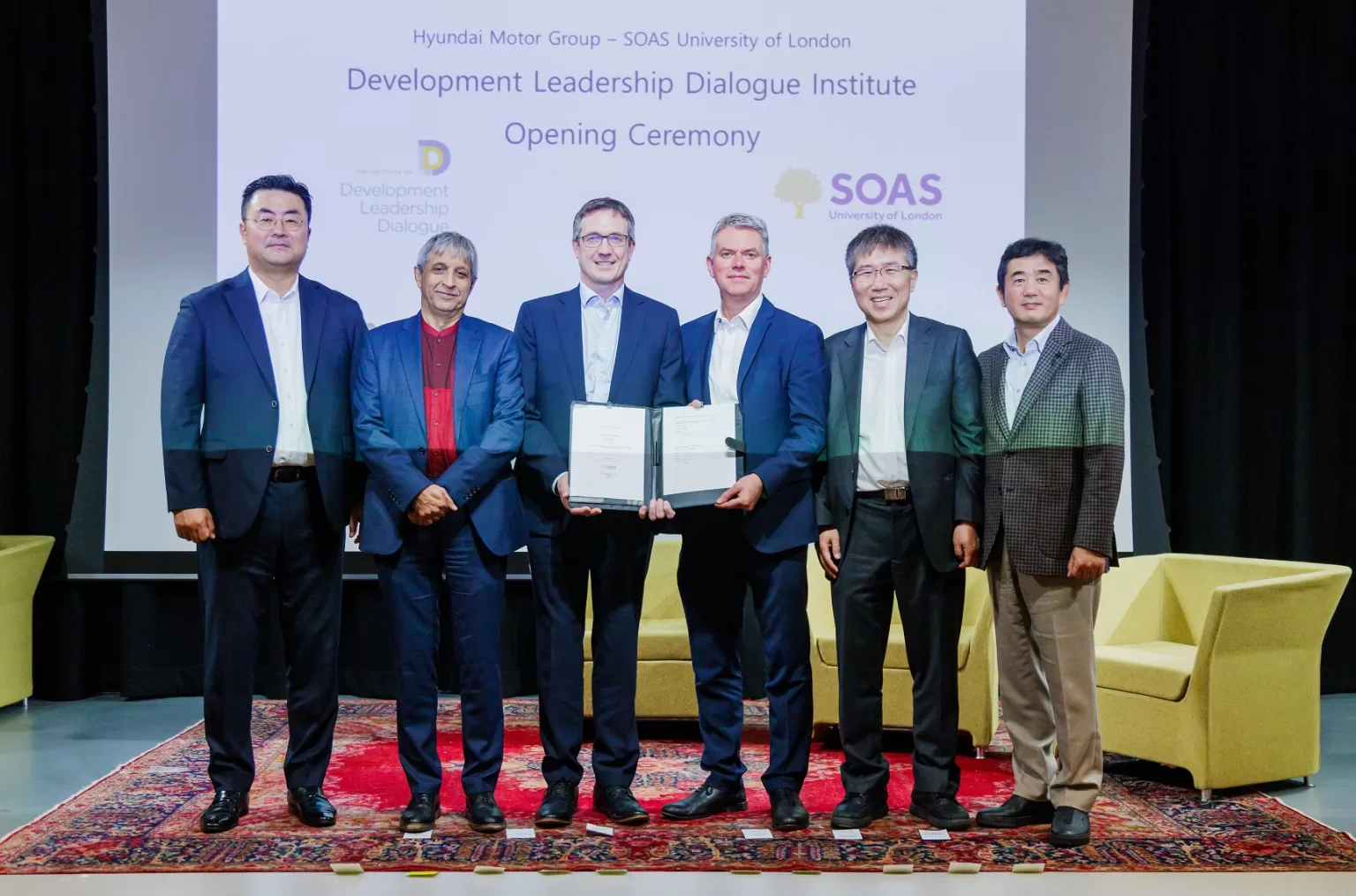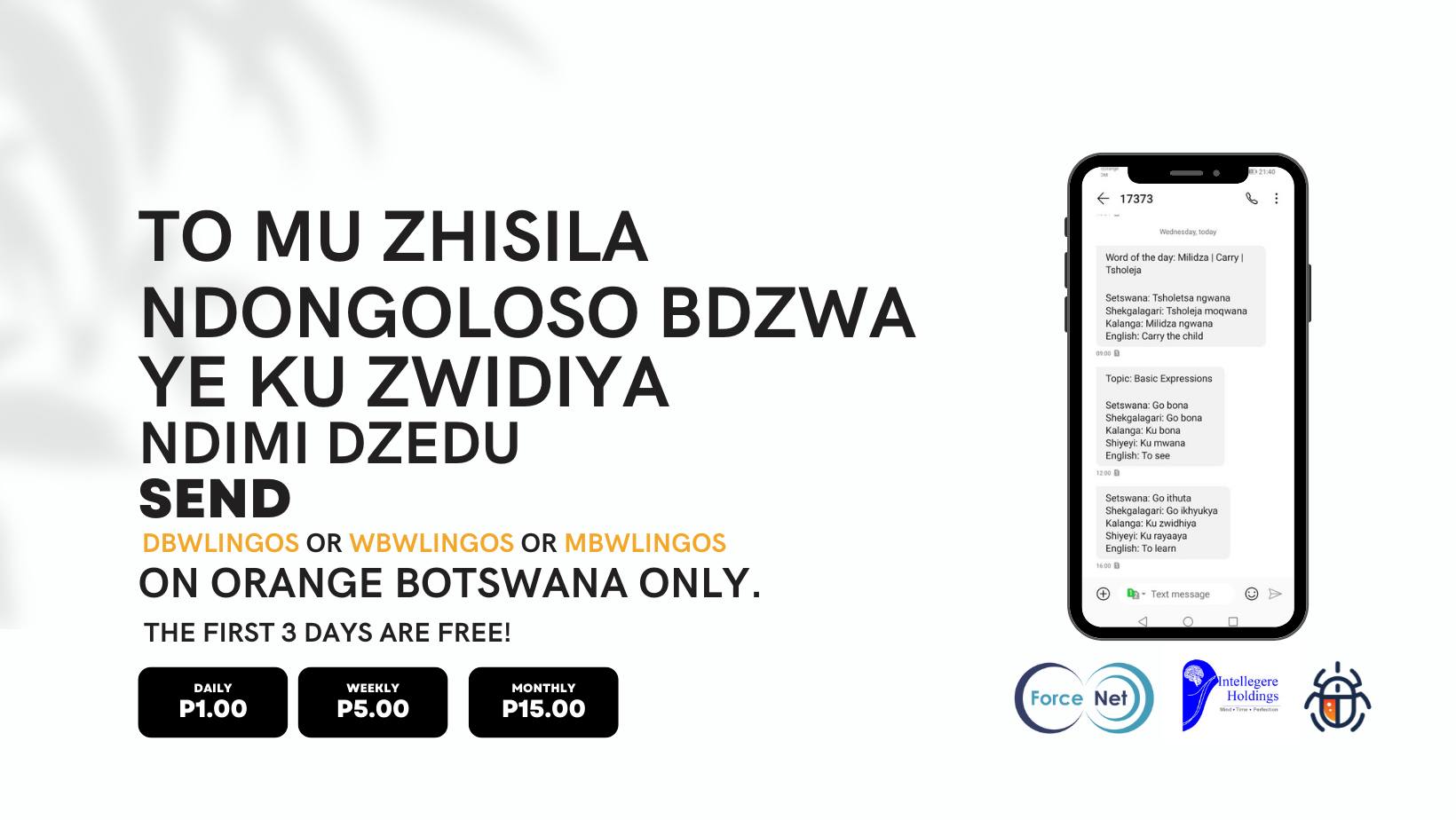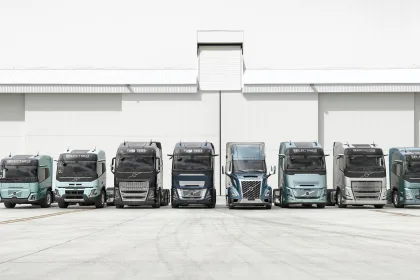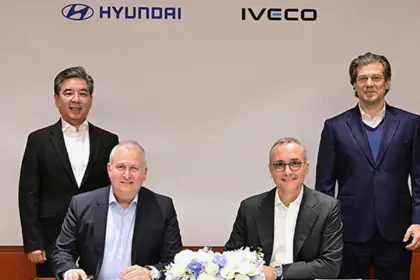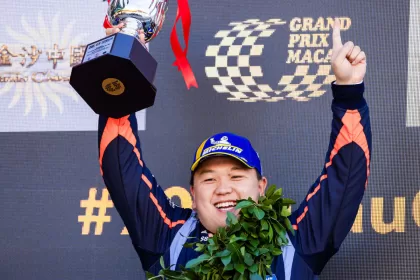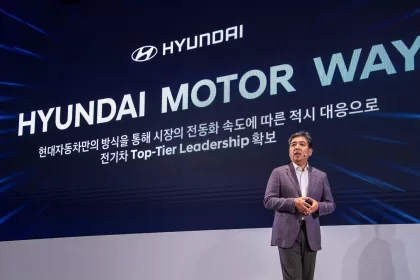- The Development Leadership Dialogue (DLD) Institute and the Centre for Sustainable Structural Transformation (CSST) to be established under SOAS University of London to facilitate collaboration between the Group and the university
- The Group and SOAS University of London held an opening ceremony for DLD on October 18 and plan to open CSST in February 2024
- Through this cooperation, the Group aims to forge a win-win model, securing global growth momentum for itself while speeding up industrialization of African countries
Hyundai Motor Group is set to develop a growth strategy for Africa by establishing specialized units for dialogue and research with the School of Oriental and African Studies (SOAS) at the University of London. SOAS University of London is one of the 17 colleges within the university and is renowned for its extensive studies of developing regions, especially Asia and Africa.
The collaboration between the Group and SOAS University of London has taken shape in response to Africa’s growing significance and economic potential, which has come into focus during a period of global economic transformation driven by climate change and the fourth industrial revolution.
The newly formed Development Leadership Dialogue (DLD) Institute, a forum for discourse between the leaders of the development community, and the Centre for Sustainable Structural Transformation (CSST), a research center focusing on structural transformation in an age of climate crisis, will be established under SOAS University of London to facilitate collaboration with the Group.
The Group and SOAS University of London held an opening ceremony for the DLD at the Brunei Gallery lecture theatre on October 18. The Group’s attendees included Gyun Kim, Executive Vice President and Head of Business Intelligence Institute; Heung-Soo Kim, Executive Vice President and Head of Global Strategy Office (GSO), Hyundai Motor Group; Ashley Andrew, President of Hyundai Motor UK; and Paul Philpott, President and CEO, Kia UK Ltd. SOAS University of London’s attendees included Professor Adam Habib, Director; Professor Laura Hammond, Pro-Director; Professor Elisa Van Waeyenberge, Head of College of Development, Economics and Finance; Professor Ha-Joon Chang; Professor Christopher Cramer; Professor Jonathan Di John; Professor Antonio Andreoni; and other school officials.
At the event, Adam Habib, Director of SOAS, said, “SOAS currently has a new strategic agenda at the heart of which is our mission to serve as a bridge to the world. This necessitates knowledge systems to interact with each other, and institutional partnerships across transcontinental and sectoral boundaries. We think that this sponsorship enables training and learning on a thematic issue that is central to the sustainability of our world.”
Heung-Soo Kim, Executive Vice President and Head of Global Strategy Office, said, “Hyundai Motor Group has a clear vision of making progress for humanity. Through this partnership, we hope to create opportunities to discuss and collaborate with African countries on ways to improve industries in Africa. The Group will leverage its leading technologies and know-how in various fields, such as hydrogen fuel cells, energy, mobility and construction, to lead long-lasting relationships with African countries.”
The DLD will enable leaders from government, business, academia and civil society to discuss policies and industrialization plans for developing countries, particularly those in Africa, through interdisciplinary discussions, workshops and seminars. This establishment aims to build a collaborative foundation for politicians, scholars and business leaders to exchange their opinions and to forge a common understanding of the roles of various sectors for the social and economic advancement of developing regions, including Africa. Moreover, the organization plans to foster future leaders of developing countries by running leadership programs targeting potential champions in government and business. Professors Chang, Cramer and Di John will co-direct the DLD.
The CSST, which is scheduled to open in February 2024, will suggest strategies for socio-economic development based on sustainable structural transformation of developing countries, especially those in Africa, in an age of climate crisis. It will also present vision and specific roles for private sector firms, including Hyundai Motor Group, and for governments in developing countries in Africa and elsewhere. CSST will conduct research projects in four major topics: energy conversion, mineral resources, reorganization of the international supply chain, and construction of new infrastructure. Professors Chang and Andreoni will co-direct the CSST.
Through its collaboration with the DLD and CSST under SOAS University of London, the Group plans to improve its understanding of African markets and establish the foundation for developing its long-term business strategies in the continent. It will actively participate in research by dispatching Hyundai Motor and Kia employees for research activities, seminars and workshops. The Group also plans to actively suggest the private sector’s roles and responsibilities in industrializing Africa. Moreover, the Group will closely interact with relevant organizations within the region to maximize synergies. Through the collaboration, the Group aims to establish a win-win model, securing global growth momentum for itself while speeding up industrialization of African countries.
Hyundai Motor Group speeds up its win-win strategy with African countries
Through its collaboration with African countries, the Group seeks to find mutually beneficial partnership opportunities with African countries beyond securing market share.
For instance, the Group aims to find and implement industrial development opportunities, and to establish cooperative relations with countries in Africa by leveraging its technologies and products. Co-developing Africa’s natural resources and renewable energy would be a good example of mutually beneficial collaborative efforts.
This collaboration can potentially accelerate both Africa’s industrialization and the Group’s business development in the region.

